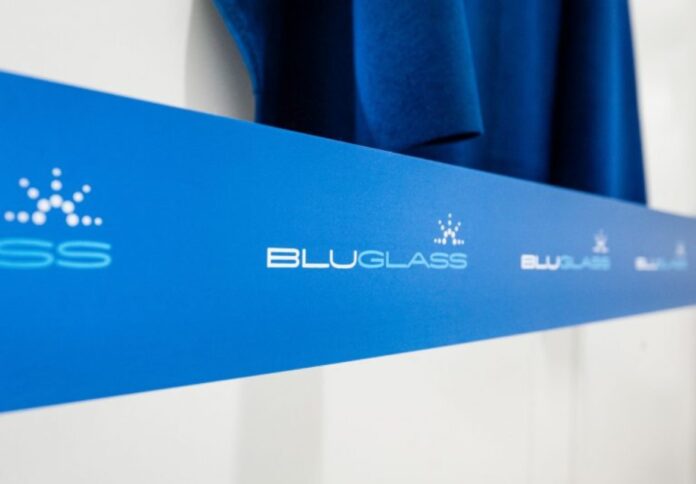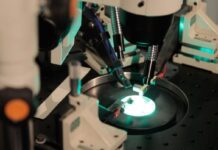
Global semiconductor developer BluGlass Limited has been named a member of the Commercial Leap Ahead for Wide-bandgap Semiconductors (CLAWS) Hub, one of the eight regional innovation hubs established by the US Department of Defence’s Microelectronics Commons program.
The US Department of Defence allocated USD 238 million in funding for the CHIPS and Science Act in FY23, aiming to establish regional innovation hubs like CLAWS.
The Microelectronics Commons initiative aims to expedite the transition from lab to production, address supply chain vulnerabilities, and boost the US’ capability to develop cutting-edge microelectronics at scale, Bluglass said in a news release.
Led by North Carolina State University (NCSU), the CLAWS Hub received USD 39.4 million in funding for its inaugural year.
BluGlass Limited is one of seven hub members collaborating in the development of next-generation photonic devices with broad commercial and defence applications.
BluGlass CEO Jim Haden expressed enthusiasm about the partnership, stating that the company is excited to contribute to the hub’s efforts to create advanced photonic devices that align with the company’s technology roadmaps and leverage its proprietary RPCVD technology.
“The work we will be contributing to the hub perfectly aligns with BluGlass’ wide-bandgap and extended-wavelength roadmaps and will leverage the benefits of our proprietary RPCVD technology,” Haden noted.
The ASX-listed company’s collaboration with NCSU in the CLAWS Hub aims to drive innovation in next-generation III-N photonic and optoelectronic solutions, facilitating a path to commercialisation.
These photonic technologies have the potential to enable various applications, including quantum technologies, communications, artificial intelligence, biotechnology, medical devices, materials processing, displays, and defence needs.
Fred Kish, MC Dean Distinguished Professor of Electrical and Computer Engineering at NCSU, highlighted the importance of these technologies for national security applications.
“The photonic technologies in the hub hold the potential to enable quantum technologies, communications, artificial intelligence applications, position/navigation/timing, biotechnical and medical, materials processing, displays, and a host of additional defence needs,” Kish stated.
As North Carolina State University has received USD 39.4 million for FY23 to establish the CLAWS Hub, BluGlass said it anticipates updating the market with further details once contractual terms and funding agreements with NCSU and the hub members are finalised.

















